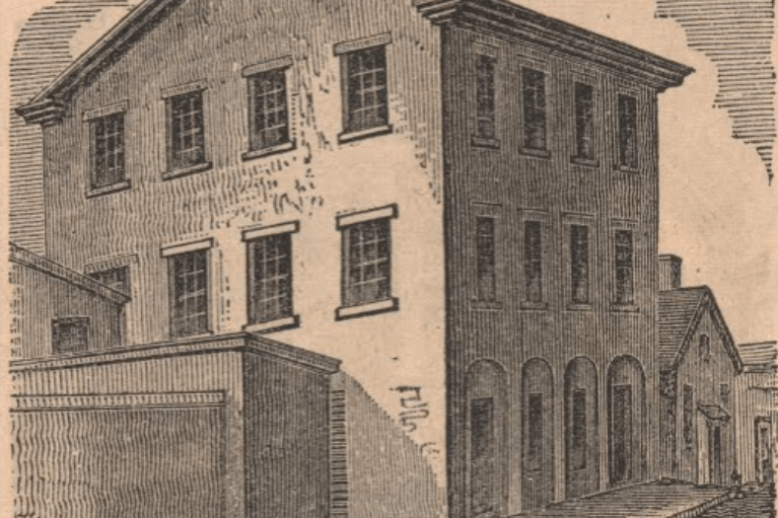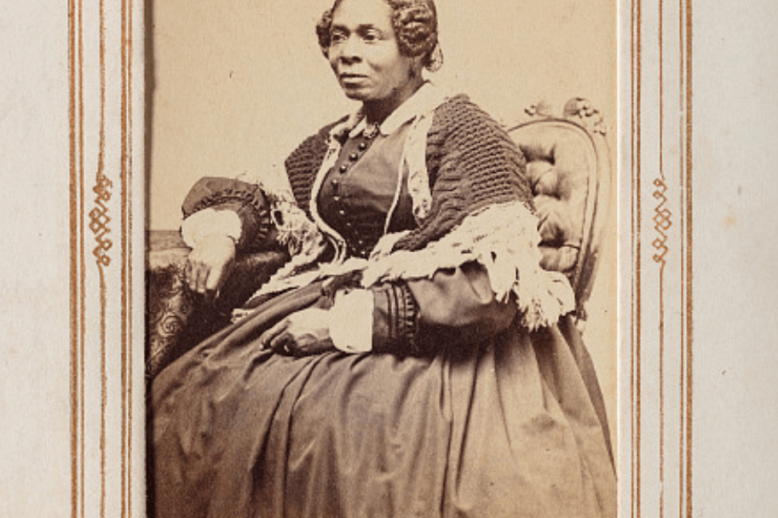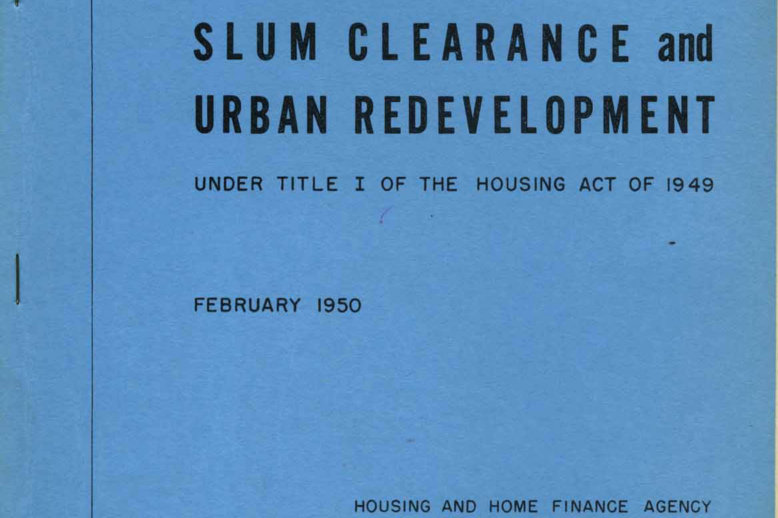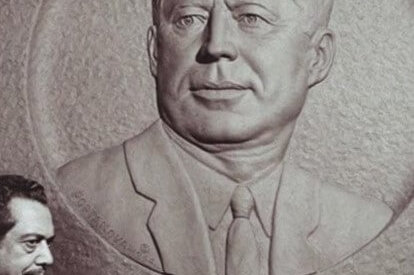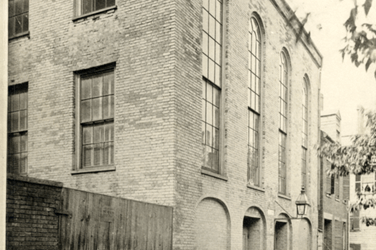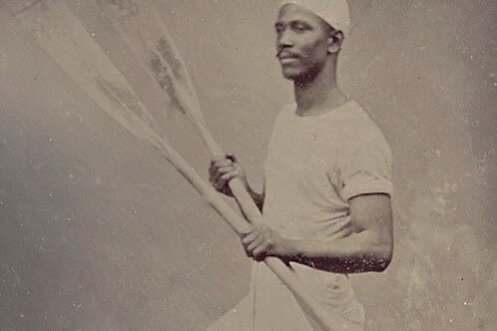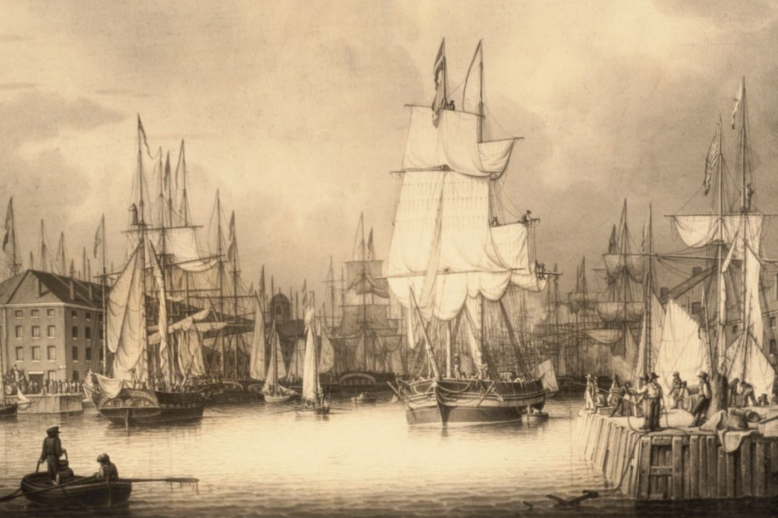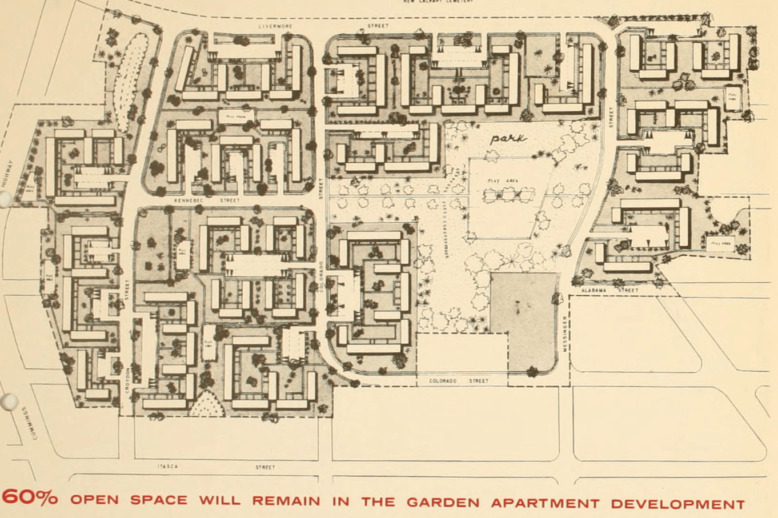Building the African Meeting House
The African Meeting House, believed to be the oldest standing Black church in America, was incorporated in 1805 and built in 1806. The building, now restored to its 1855 appearance, stands as a testament to the dedication and perseverance of the Black community on the north slope of Beacon Hill (which was at the time part of the West End). The African Baptist Church purchased the land for, fundraised for, and constructed the Meeting House in less than two years. Through this, they created a vital space for the Black community’s religious, political, and social gatherings.

